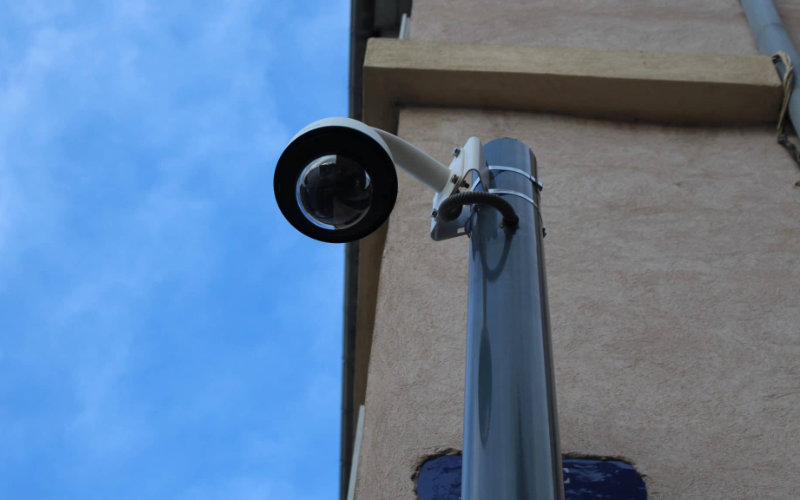Morocco Upgrades Urban Security with AI-Powered Surveillance for Major Sports Events

Rabat and Agadir are adopting advanced surveillance systems in order to meet the security challenges posed by hosting the Africa Cup of Nations (CAN Morocco 2025) and co-organizing the 2030 World Cup with Spain and Portugal.
Soon an advanced video surveillance system integrating artificial intelligence (AI) and Deep Learning technologies in Rabat. The Rabat Region Development Company has recently launched a tender for the installation of an advanced video surveillance system in the city of Rabat, integrating artificial intelligence (AI) and Deep Learning technologies for a total amount of over 108 million dirhams (MDH). Finatech Group was awarded the first lot for an amount of 34.7 MDH, reports Médias24. The company will have to set up two main command posts, two data centers and two visualization gates.
Alomra Group International, for its part, won the second lot (deployment of the complete video surveillance solution) for 73.8 MDH. This lot includes the installation of intelligent cameras (facial recognition cameras, PTZ cameras and long-range cameras), but also the implementation of a high-performance network infrastructure and the deployment of advanced servers and technological equipment equipped with image analysis capabilities integrating artificial intelligence and Deep Learning capabilities.
This project should be effective before the 2025 CAN, the kick-off of which will be given on December 22 in Morocco. The execution time of the first lot is five months (next August), while that of the second lot is six months (next September).
Agadir will also be equipped with a video protection system throughout its territory, including a command center under construction and a network of intelligent cameras, the functionalities of which will be made available to the law enforcement agencies. It is also planned to set up a dedicated fiber optic transmission network and a platform hosted on private infrastructures. Expected functionalities include facial recognition, behavioral analysis and centralized video data management.
Will the deployment of facial recognition pose legal problems? "Facial recognition is an identification and authentication technology that uses the physical characteristics of the face," explains the National Commission for the Control of Personal Data Protection (CNDP) in one of its press releases on the subject. It will add: "At the national and international level, reflections are underway to establish standards defining the use of this technology in respect of the privacy of natural persons. More than a dozen European countries such as Finland, Germany, Hungary, Greece, Italy and the Netherlands are already using facial recognition, particularly for legal purposes.
Related Articles
-

Morocco Bolsters Military with $120 Million Israeli Drone Deal, Expanding 1,000km Strike Range
1 September 2025
-

Mother of Three Brutally Tortured for 8 Days in Horrific Kidnapping Near Témara
1 September 2025
-

Border Police Crack Down on Thriving Stolen Car Trade to Morocco
1 September 2025
-

Vacation Nightmare: Dutch Teen’s Seizure at Moroccan Airport Leads to Harrowing Medical Ordeal
31 August 2025
-

Morocco’s Intelligence Services: The Unsung Heroes in Global Counter-Terrorism and Drug Busts
31 August 2025